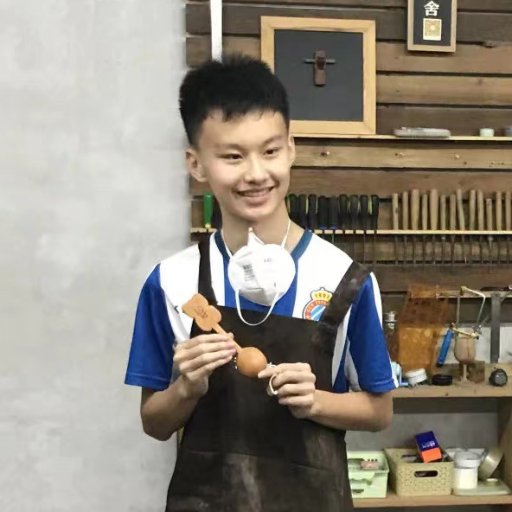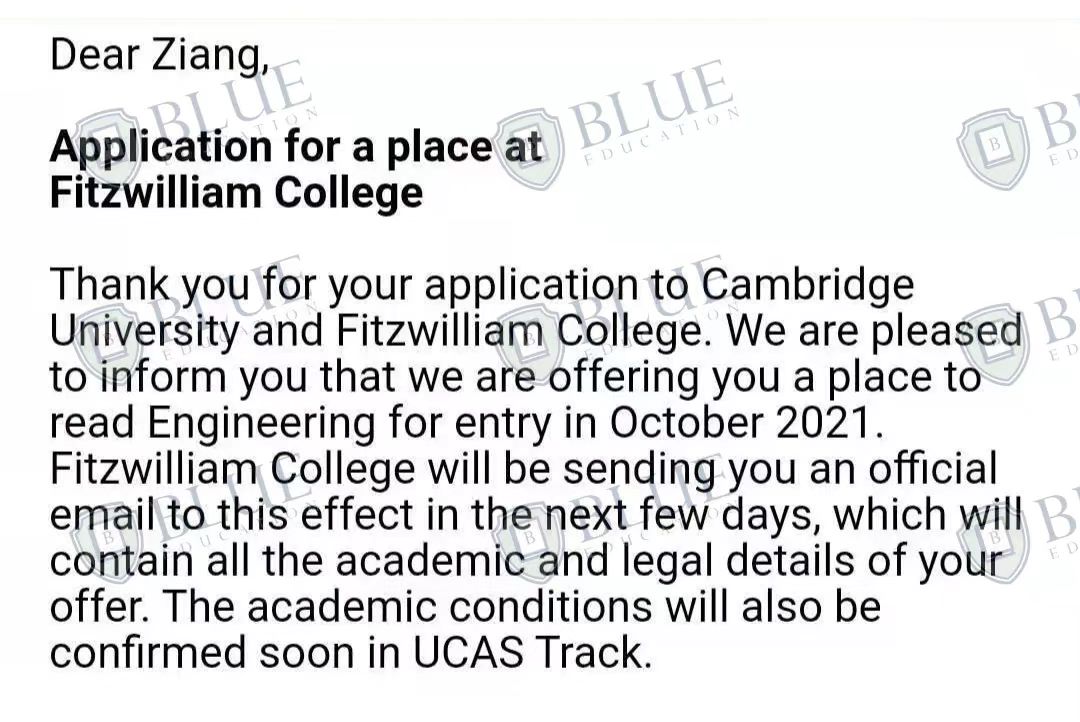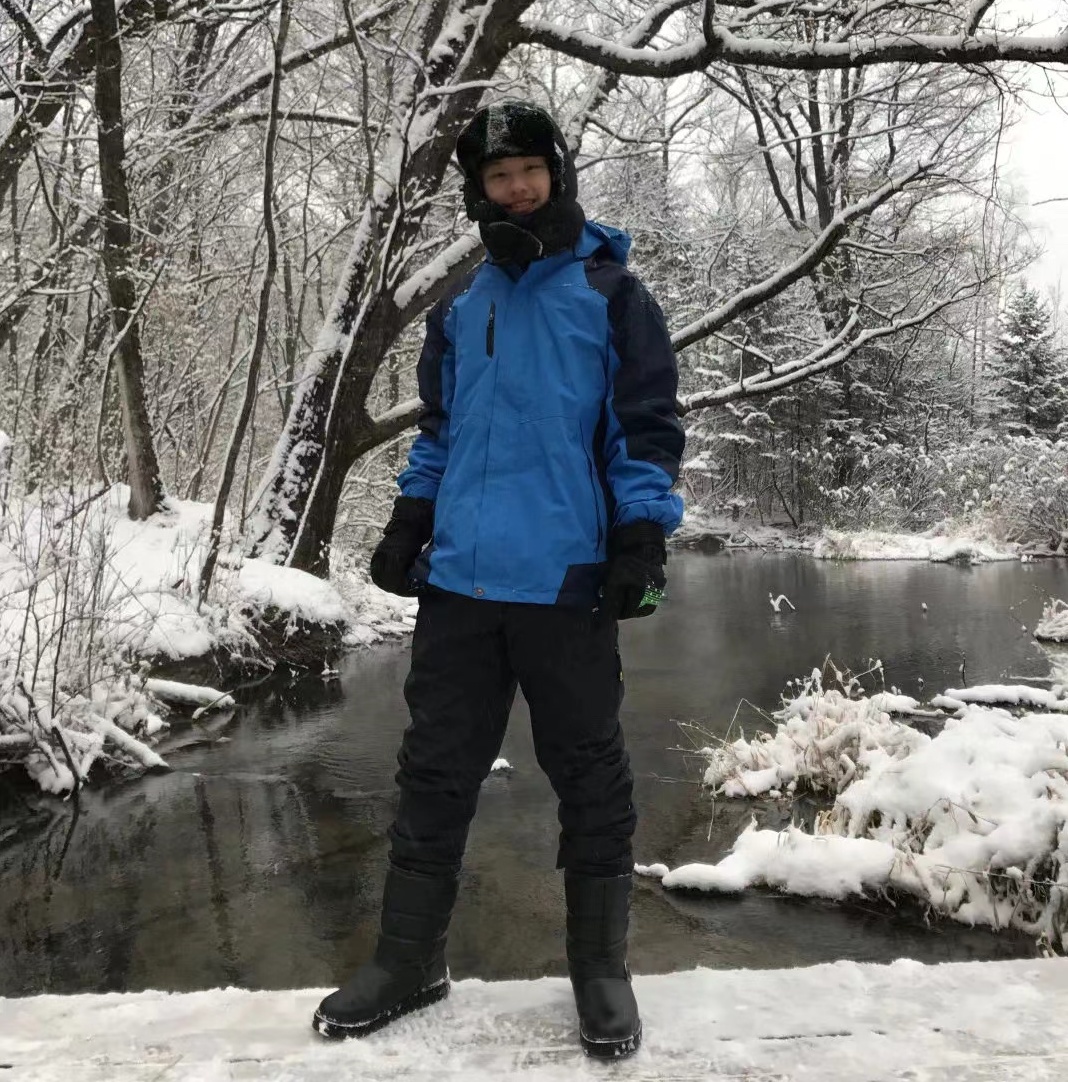 Leo University of Cambridge,Engineering
Leo University of Cambridge,Engineering
Education Experience:
High School: ULC (the only ULC student admitted to Cambridge in 2020)
Competition: Bronze medal in British Physics Olympiad, second prize in Australian Mathematics Competition, bronze medal in Canadian Mathematics Open Challenge
Courses: Mathematics, physics, computer science
Leo's Cambridge application story

01. What extracurricular activities did you participate in before applying?
In grade 11, I participated in the British Physics Olympiad and won the bronze medal, I was awarded the Second prize in the Australian Mathematics Competition, and the received the bronze medal in the Canadian Mathematics Open Challenge.
I have also participated in extra-curricular activities including the school's electronics club last semester. I learned how to use adruino and raspberry pi at the club, and then I could use them for small projects.
02. Why did you decide to apply for Cambridge Engineering?
I had no difficulty deciding to apply for Engineering. I transferred from the general high school to the international school in grade 11. When I entered the school, I always knew I would study engineering, especially electronic and electrical engineering, because it was a subject I was very interested in. I chose Cambridge specifically because it is better known for its engineering than Oxford.
03. Why did you choose Blue to tutor you?
I decided to choose Blue after listening to Blue's audition class, because I think the teacher has modified my PS very well. Blue arranged for me with Antonia, a teacher from the Engineering department of Trinity College, Cambridge. Although I thought the PS was basically finalised at that time, she still pointed out many details of my PS and taught me how to better show off my advantages.
I was very satisfied with the PS modified by Blue. I felt that I could understand what each of my sentences represented and what could attract the admissions officer. I believed in Blue's ability later, so I chose to continue my study with Blue.

04. Share your application experience
Personal statement
At the beginning of 12th grade, I didn't think my math score was very good. At that time, I didn't dare to think about Imperial College nor Cambridge University as possibilities for my future. However I decided to try, and I applied for both.
After the summer vacation, I went back to school and started preparing for my personal statement, and I had an idea. My school had a smart plate recognition system, and we could just scan the machine, deduct the fee, and it could figure out what nutritious food you ate today. I thought this was very interesting, and I was wondering if we could apply the same principle to garbage classification, that is, could we have a similar idea to make it recognise different garbage.
I used the method of color recognition to mark different garbage with different colors, and then made a color recogniser with the knowledge of Adruino and raspberry PI that I learned in the club. These proceedings made up the majority of the content in my personal statement.
The test & interview
Before the admissiont test, my tutor from Blue taught me some of the skills she had used when preparing for the exam and then had me do hundreds of practice questions. I made a lot of mistakes, most of which I was expected to make, and so my tutor helped me correct them before doing the real exam.
Since all the interviews were online due to the pandemic, I chose to do mine in Shanghai and Blue assigned me several tutors to prepare me for interview, all of whom attended Oxbridge. Blue not only prepared with tutors, but even matched me with a tutor who had been taught by the professor who was interviewing me. I found this to be particularly helpful for my understanding of what the interview would be like.
It turned out that the last question I answered in the interview was related to function drawing, a question I had practiced in almost every class I had with Blue. I felt very confident and smooth all throughout the interview.
05. What are the difficulties in the application process?
At first it was very discouraging to make so many mistakes on the practice questions. It took a lot of work before I was able to accurately pinpoint my mistakes and understand where I went wrong. Additionally I struggled with time management and self discipline. I found it very hard to concentrate during my school's online classes which resulted in my eventual decision to drop Chemistry. It was a tough process and the application and practice questions ate up a lot of my time.
06. Anything you want to say to the rejected students?
I think the selection process of Cambridge is very unpredictable. Being rejected does not mean that you do not have the ability, it is a reflection of the strenth of the competition. Even if you're rejected, your abilities are still as strong as ever.
07. What do you recommend?
I needed to learn programming , so I went to a website called Github, which is a website that programmers probably know a lot about. I mentioned the site in my personal statement, and I thought if you know something good about it, you should write it out and show that you know it exists.
For learning resources, I look at a website called "I Want to Study Engineering". It's a website created by the University of Cambridge and it is designed to help engineering students acquire the necessary knowledge and skills before entering their freshman year.
08. Any advice for Cambridge engineering students?
To those of you who are not confident enough to apply to Oxford and Cambridge, I urge you to give it a try. I chose to apply for Cambridge university because I still had a glimmer of expectation and hope in my heart. And I also felt that even if I was rejected, it would be a wonderful journey.
Don't be scared, don't be intimidated by other students' impressive resumes. Other people are great, but you have your own strengths and skills. I think everyone in the application process has the potential to get into Cambridge. Sometimes work to be confident and good results will be waiting for you.

